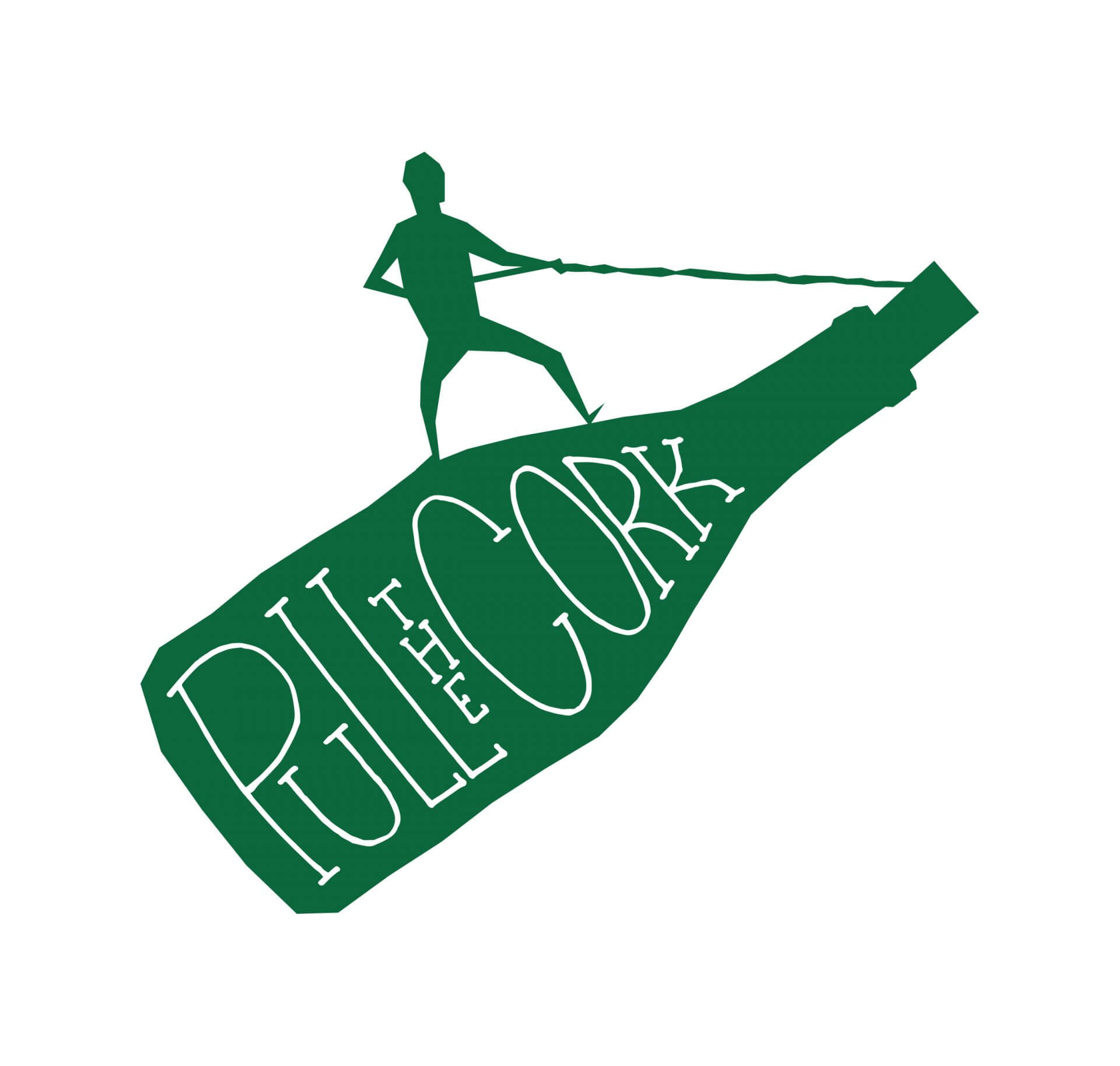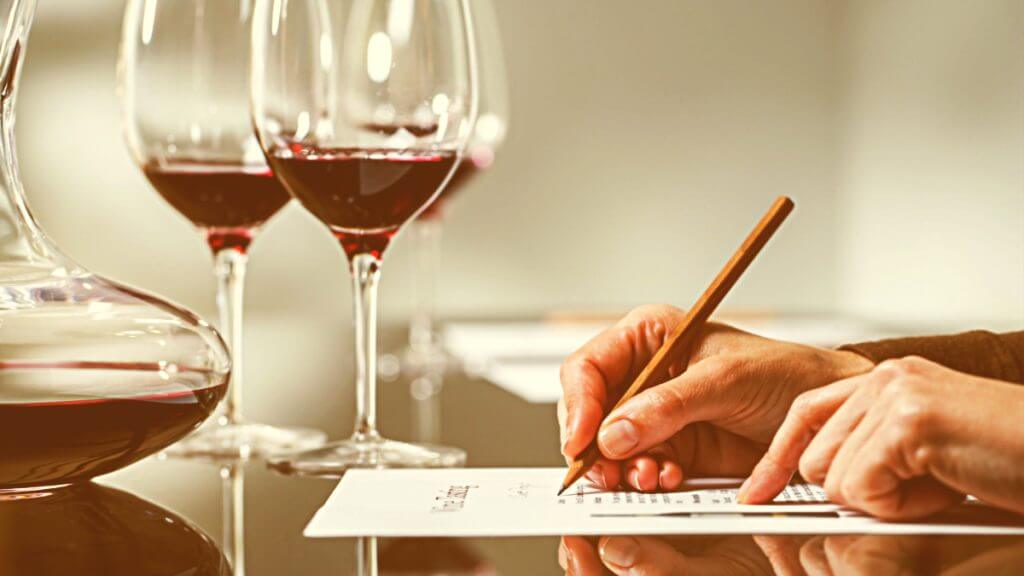Sustainable Winemaking
A Productive Rant About Wine Studying
Sitting in a classroom sipping wine and reading from a textbook only teaches you one dimension of the wine industry.
So we’ve gone out and spoken to a few like-minded wine professionals about their thoughts on the pros and cons of learning from a textbook & teacher – in a classroom, rather than being out in the open, in a winery getting first-hand knowledge of the whole process.
Find a wine that you love drinking, jump on a flight and do a season on a vineyard!
When I started out in the wine trade back in 2009 I was a university drop-out/ski bum with very little wine knowledge, every job I had worked in – I managed to get fired from – until I landed a job in the wine trade – a trade I had close to zero experience in!
To me having a job for more than 3 months was a very new thing, and funnily enough – waking up at 9 am with a leisurely cycle to the Battersea warehouse was a double plus!
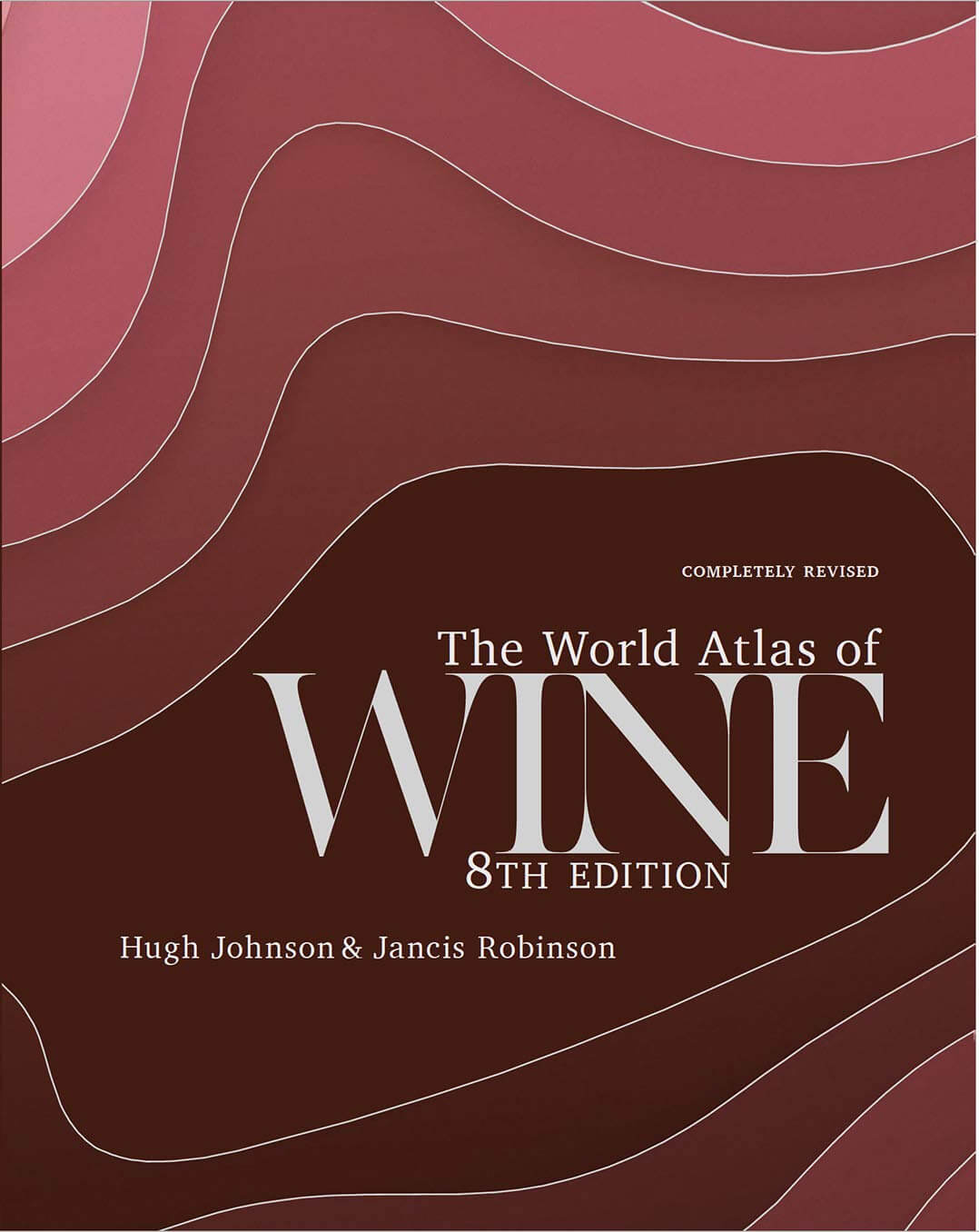
I remember my first day all too well! I walked in, to be greeted by a tall corduroy wearing – red lipped (possible wine stained) chap, he gave me a jug of coffee – and told me to perch in the office, where he supplied me with a book (“The World Atlas of Wine” by Jancis Robinson & Hugh Johnson). This book is like a bible of wine knowledge – not a good start for a Dyslexic!!
A few months later, and not many more pages into the atlas I still had the job…and ten years later here I am with my very own wine business.
Is there the best approach to wine studying?
Now, I get asked on a monthly basis: “How do I get into the wine trade?”
My on-going advice is to find a wine that you love drinking, do a bit of research into the region – jump on a flight and go and do a season on a vineyard – this in my eyes is the most effective way to learn, plus you will get paid for doing something you love!
The mistake that I made, and will always regret is doing the complete opposite to this. Whilst working my way up the wine ranks over the years – In order to gain a more impressive job we had to have a set of wine exams (up to advanced level) in order to gain a higher position and a higher salary with the company!
Now correct me if I am wrong but people studying from books and not really learning about the real deal – winemaking – the environment it’s made in – the people that make it and the amount of hard work that goes into making wine, plus effects the seasons have on small producers etc is not really learning about what you’re trying to preach to those that are buying your fabulous wines.
Rather than sharing perhaps my biased views about wine studying, I wanted to see what other wino’s thought about this, so I took to the road and got out to chat to some.
Rob Seddon: Getting your hands dirty is essential
I think the books and the exams are a good way to learn but they only scratch the surface.
Spending a full season with a winemaker and getting your hands dirty is essential, I don’t think you can ever say you know about wine until you have been a part of harvest on a small farm and seen and felt the back-breaking work that goes into making wine.
Sean Evans: Experiences of people doing things on a small scale is important
The London classes are a great way of learning about the industry as a whole, gaining a basic overview of regions, geography, climate, winemaking techniques. What they don’t focus on is individual producers, the mavericks and pioneers of each region, the people doing things on a small scale, their individual struggles, working against tradition, throwing away the rule book. These are often the most interesting and inspiring wines and you won’t find them in a textbook.
– Sean Evans – Natural Wine Forum
Christina Rasmussen: One should be educated about wine globally – and that means the good, the bad, and the ugly
“There is simply no better way to learn than in the winery and most importantly in the vineyard. This is where all of my passions are born, and where I uncover all the content and context for my articles. This is where wine makes sense and where we are able to comprehend intricacies such as the effect of a vessel on wine – for instance learning from Jean-Marie Fourrier’s decision to use amphorae or wide complexities such as the fine combination of oxidation and reduction in the Jura|.”
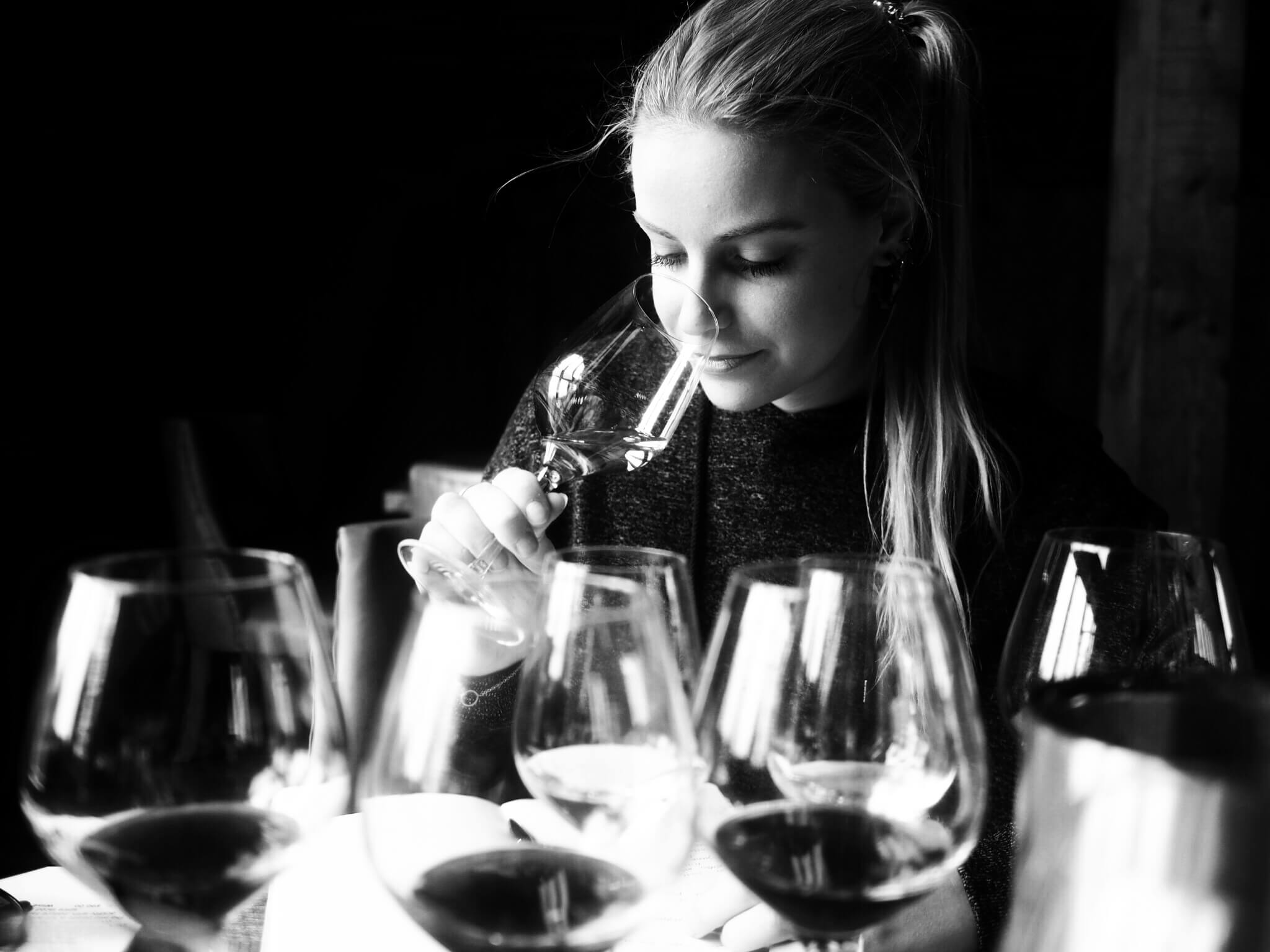
My most important vinous memories are born in the cellars and vineyards, and we are able to glimpse into the minds of the vignerons and their direction; whether this be with Abe Schoener and Christopher Nicholson in their game-changing Red Hook Winery in Brooklyn, with Thirry Allemand in Cornas rendering me dewy-eyed, with young Thibaud Clerget at his Pommard-based domaine, learning about his vision for its future, or with Rajat Parr and Sashi Moorman on their plot of seedlings on the diatomaceous earth of Domaine de la Côte. These things cannot be taught from books.
That said, I am currently sitting the WSET Diploma course. I find it monotonous at times, and frustrating – I wish it included more information about farming (organics and biodynamics in particular), as well as more information about lesser-known regions and styles (e.g. the Jura, the Savoie and new-wave pet-nats are not on the syllabus). However, it provides a crucial base level of knowledge about the wider world of wine. If I am one day to become a spokeswoman for the wines I believe in, I must be educated about wine globally – and that means the good, the bad, and the ugly. I believe it is important to have an all-round knowledge of wine in order to be able to take certain stances – for instance, Pascaline Lepeltier MS and Mark Andrew MW both have a deep comprehension of commercial and bulk wine production as well as fine wine, and they are able to use their knowledge as a backbone as to why we should make more conscious decisions about farming, and why we should drink real wine – vins de vignerons – and they are able to discuss it in-depth and reason as to “why”.
This is why they are my heroes, and why I think the path of education is also key.
Lauren Holman: Do whatever it takes to forever keep that wine passion alive and always be open to learn
When it comes to wine study there are so many options to choose from these days from individuals putting together online courses to your local wine shop doing the odd guest winemaker educational flight of wines, I think any source of education no matter where it comes from is valuable.
The two main certifying bodies of wine education being the WSET (Wines Spirits Educational Trust) & CMS (Court of Master Sommeliers), give you a great platform to learn a broad view of the world of wine. However, what they lack in contemporary wine trends & regional knowledge, they more than make up for in breadth of information on the classics and material to reference back to. Also, the universally accepted certification certainly helps benchmark you if you are looking to progress a career in the wine world – it is certainly a lot easier to get your foot in the door with a few WSETs behind you.
That said, there really is no greater knowledge than getting your hands dirty and getting those pins knee deep in a barrel full of grapes to get your wine learning hat on; to get a holistic view of how wineries actually work. I have a belief that to be a master of anything one must start from the ground up, to create superb wines the effort begins in the vineyard! Strangely enough most of the winemakers I represent also share this same philosophy – perhaps I got it from them? Who knows!
In essence, each to their own with which route to go down, be it bookish swot knowledge or gritty hands-on experience the important thing is to do whatever it takes to forever keep that wine passion alive and always be open to learn learn learn! Every day is a school day right!? Would you want to receive your driving license after just learning a bit of theory? There is a reason why practical learning works!
Ben Walgate: Studying about wine and viticulture can be a solid foundation
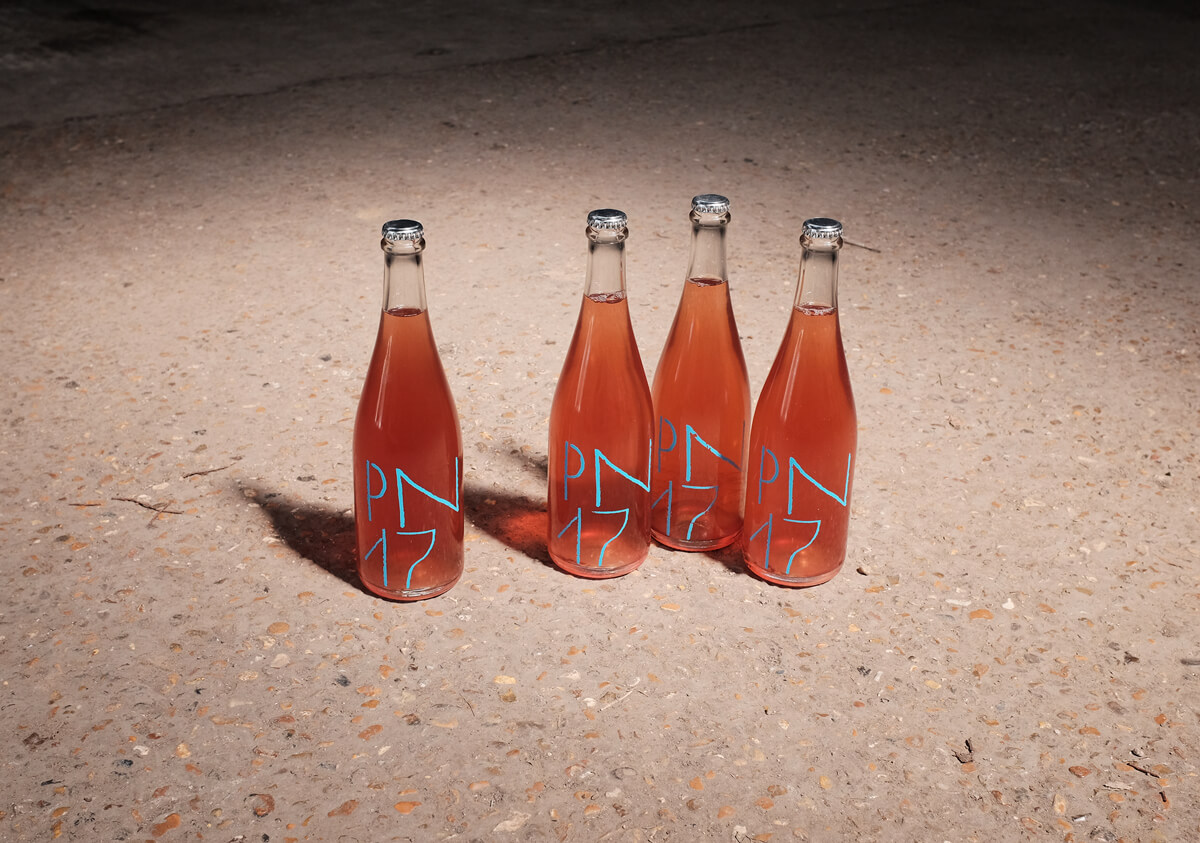
I found my time studying about wine and viticulture invaluable, although I don’t directly credit a lot of what I do now in the winery and vineyard to it, it was a solid foundation. Complementing this with hands on experience and visiting and talking with other producers has been informative. However there are so many variables in what we do and so much that is unique to the place, and circumstances in which we operate, that just getting stuck in an experimenting and refining is at the very heart of what I do now.
Craig Hawkins, Testalonga Wines: In an ideal world, everyone should have hands on experience
Anybody interested enough in wine to consider studying (and paying to study) to further their knowledge, is an enormous benefit. In an ideal world, you would want as many people as possible to get some hands on experience, but this simply isn’t viable for somebody living in London or Tokyo or New York, from a cost or practicality perspective.
One has to bear in mind that the end goal of such people is probably not to become winemakers, but to further their knowledge of wine to work in the industry. Or they are simply wine lovers with no interest in working in wine. One would hope that opportunities for hands on experience for such people would come about once they are working in the industry or simply on their travels if they are lucky.
Winemaking is a lifestyle. Wine studying is an ongoing process.
Being taught in a classroom you certainly learn the basics.
But, do you not think doing 6-8 months on a winery working with a small producer, picking the grapes all the way to seeing them bud, then onto fermentation in the tanks, so you know what malolactic fermentation smells like, and so on, would be a much more approachable curriculum?
Are you a wine explorer interested in winemaking? Share your thoughts about wine studying with us in the comments below.
